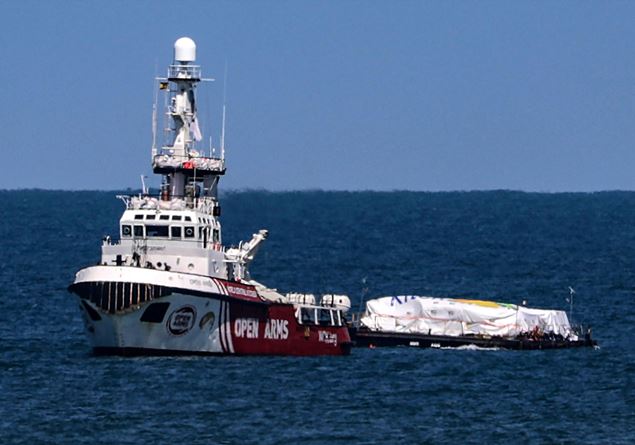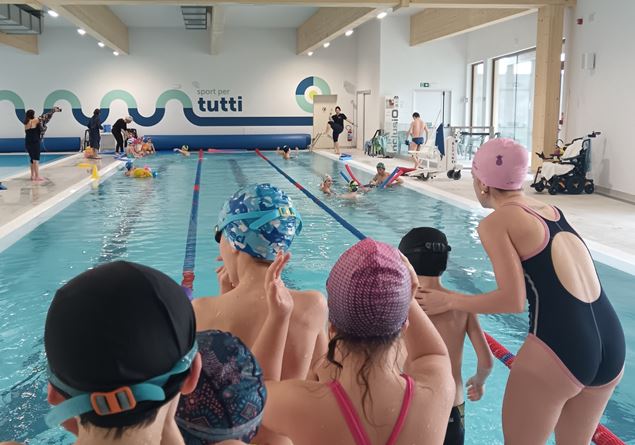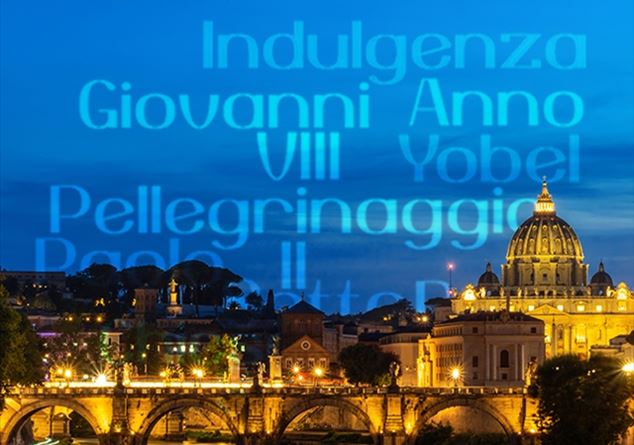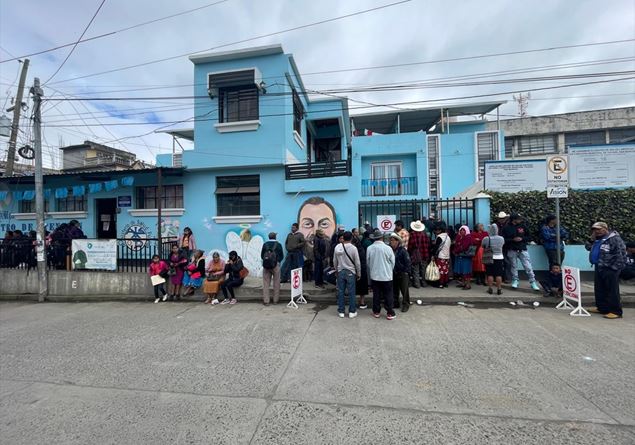
Minister Matteo Salvini.
The story of Open Armswhich began in August 2019, is one of the most significant cases on the management of migratory flows in Italy and Europe. Matteo Salvini, former Interior Minister, is accused of kidnapping and abuse of office for preventing the disembarkation of 147 migrants rescued by the Spanish NGO’s ship Open Arms. The trial reached a crucial stage with the indictment of the public prosecutor (PM) Geri Ferrara, who asked for a six-year sentence for the former minister. Below, a detailed reconstruction of the events and key locations of the case.
The rescue and blockade of the ship (August 2019)
There Open Armsafter having rescued 147 migrants in the Mediterranean, asks to disembark in a safe port as required by international conventions. Matteo Salvini, then Minister of the Interior, denied the authorization, arguing that Italy cannot welcome more migrants without first resolving the issue of redistribution between European countries. The ship remains stuck for 19 days off the coast of Italy, generating intense political and media debate.
The seizure of the ship and the disembarkation
With the worsening of conditions on board, including the psychological crisis of many migrants, the Agrigento judiciary orders the seizure of the ship and the immediate disembarkation in Lampedusa. The health authorities confirm the medical emergency on board, while the testimonies of operators and migrants describe a critical situation.
The accusations against Salvini and the start of the trial (October 2020)
The trial against Salvini begins with the accusation of kidnapping, a charge motivated by the fact that the minister limited the freedom of migrants without legal justification. The defense claims that the decision was part of a strategy shared by the government to protect the national borders. However, Giuseppe Conte, Prime Minister at the time, denies this line, declaring that there had not been a political decision that justified the prolonged blockade.
The hearing: defense and accusation
Salvini’s defense, led by lawyer Giulia Bongiorno, is based on the idea that the decision was necessary to combat illegal immigration. Salvini said he was carrying out his duty to protect Italy’s borders, citing Article 52 of the Constitution, which enshrines the defense of the homeland as a sacred duty.
On the other hand, the prosecution claims that the migrants’ fundamental human rights were violated. PM Ferrara underlined that, according to international conventions, all people rescued at sea must be disembarked in a safe place, regardless of their legal status. Even criminals or terrorists must be saved, and this principle is the basis of international maritime law.
Testimonies and evidence
During the trial, several testimonies confirm the seriousness of the situation on board the Open Arms. Images and videos taken during the blockade show the suffering of migrants, many of whom were unaccompanied minors. The testimonies of health workers and those on board describe a picture of great physical and psychological emergency.
The prosecutor’s indictment (September 2024)
Last September 14, during the indictment, PM Geri Ferrara asked for a six-year sentence for Salvini. Ferrara accused the former minister of having acted with “total disregard for the rules”, stating that human rights prevail over any consideration of national or political sovereignty. Salvini’s decision to block the disembarkation, according to the accusation, violated the fundamental rights of migrants, including the right to personal freedom.
Ferrara also underlined that the release of a safe port is an administrative act, not a political one, and recalled that none of the witnesses confirmed the presence of terrorists or criminals on board the ship, as initially claimed by the defense. International conventions require rescue at sea and establish that migrants must be transferred to a safe place, without exceptions.
The political reactions
The affair inevitably sparked a wide-ranging political debate. Giorgia Meloni, current Prime Minister, expressed her support for Salvini, defining the trial as a dangerous precedent for those who defend national borders. Antonio Tajani, Foreign Minister, also defended Salvini, defining the prosecutor’s request as unreasonable. However, on the other side of the political spectrum, Elly Schlein of the Democratic Party criticized the political involvement in the affair, saying that the separation of powers between the executive and judiciary is a fundamental principle of democracy.
The defense arguments (14 October)
The defense aims to dismantle the accusation of kidnapping, asserting that the Open Arms ship, on which the migrants were awaiting disembarkation, would not have represented the site of a kidnapping, having, on the contrary, in its opinion – and everything depends on the interpretation of the rules on rescue at sea and on the definition of safe port (Pos) – all the safety features to represent, while waiting for disembarkation, a “temporary safe port”, from which one could have disembarked, simply representing a discomfort, given that according to his reconstruction some had been let off without any particular checks, not even on their minor age.
The interpretation of the action of the migrants who threw themselves into the sea is also opposite: 200 meters from the coast, the presence of life jackets and patrol boats of the Guardia di Finanza, Bongiorno claims, would make one think more of an attempt to reach the shore by swimming than to acts of self-harm. The conclusion, as expected, is diametrically opposite to that of the Prosecutor’s Office which had asked for 6 years for kidnapping and refusal of official acts: the lawyer Bongiorno asks for acquittal «because the fact (the fact of a contested crime, ed.) does not exist”.
The final lines
At 11.30 on 20 December the Court retreats to the Chamber to deliberate, after the replies from the prosecution and defense which reiterated their requests made during the indictment and the defense speech. The sentence is expected no earlier than 6pm.










